OCCUPATIONAL THERAPY
Occupational therapy is a vital healthcare discipline that focuses on helping individuals engage in meaningful and fulfilling daily activities. It is designed to improve and maintain functional independence, address physical and cognitive challenges, and enhance overall well-being. Through personalized interventions, occupational therapy empowers seniors to overcome obstacles, adapt to changes in their abilities, and continue enjoying a purposeful and satisfying life.
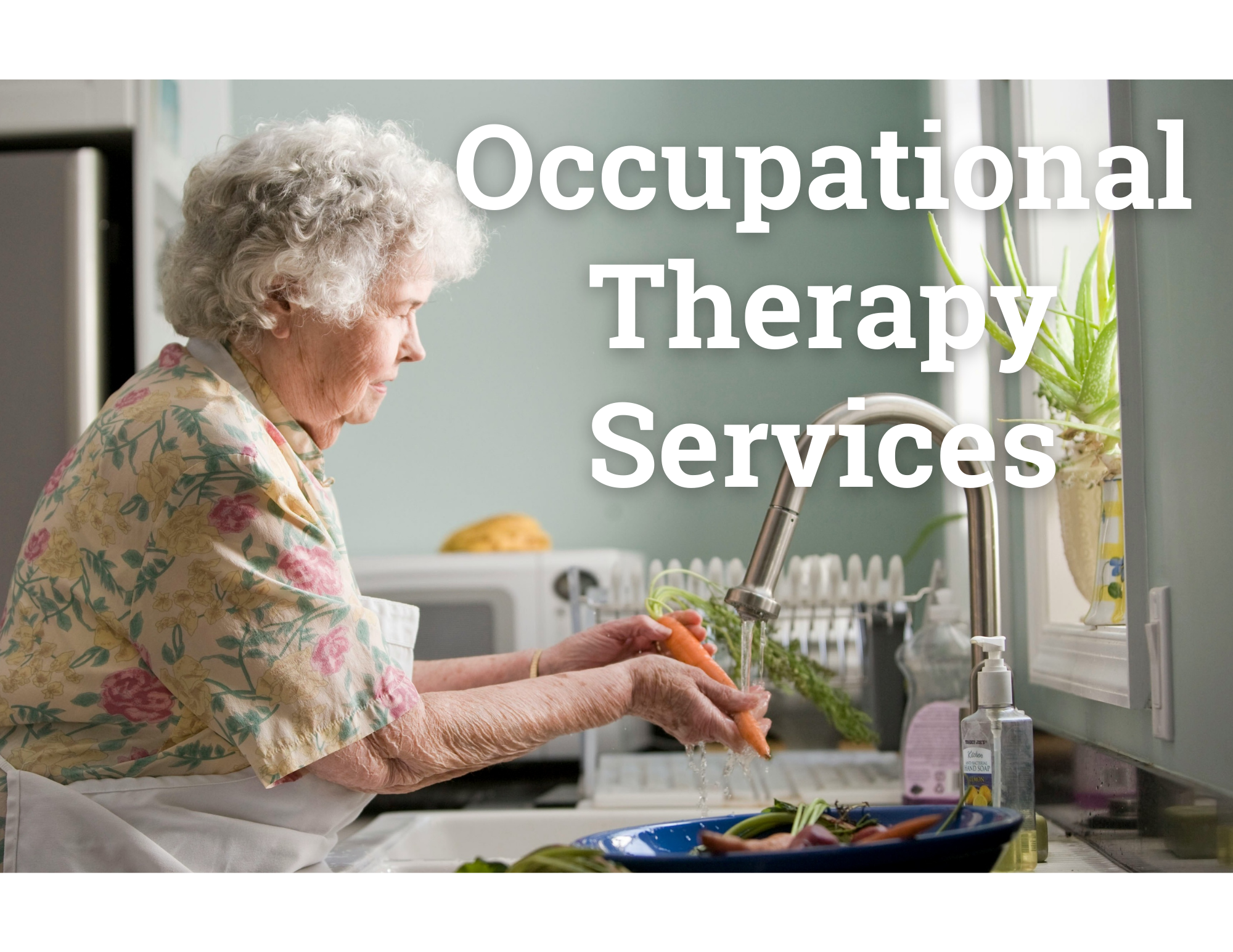
Occupational Therapy Helps With:
Activities of Daily Living
Home Safety Assessments
Adaptive Equipment / Durable Medical Equipment Assessment
Fine Motor Skills
Upper Body Weakness
Shoulder / Elbow / Hand Injuries (and post surgery)
Lymphedema Management
Arthritis / Contractures
Vision Impairments
Dementia Management
Caregiver Support & Training
Functional Mobility
Community Reintegration
Treatment Techniques:
Self-Care Retraining
Home Safety Modifications Recommendations
Adaptive Equipment / Durable Medical Equipment Training
Energy Conservation Techniques
Upper Extremity Strengthening
Joint Protection Strategies
Seating and Positioning
Wheelchair Assessment, Prescription, and Customization / Wheelchair Mobility
Splinting and Bracing
Lymphatic Drainage and Compression Therapy
Contracture Prevention / Management
Hand Therapy
Electrical Stimulation and Ultrasound Therapy
COVERED BY MEDICARE PART B
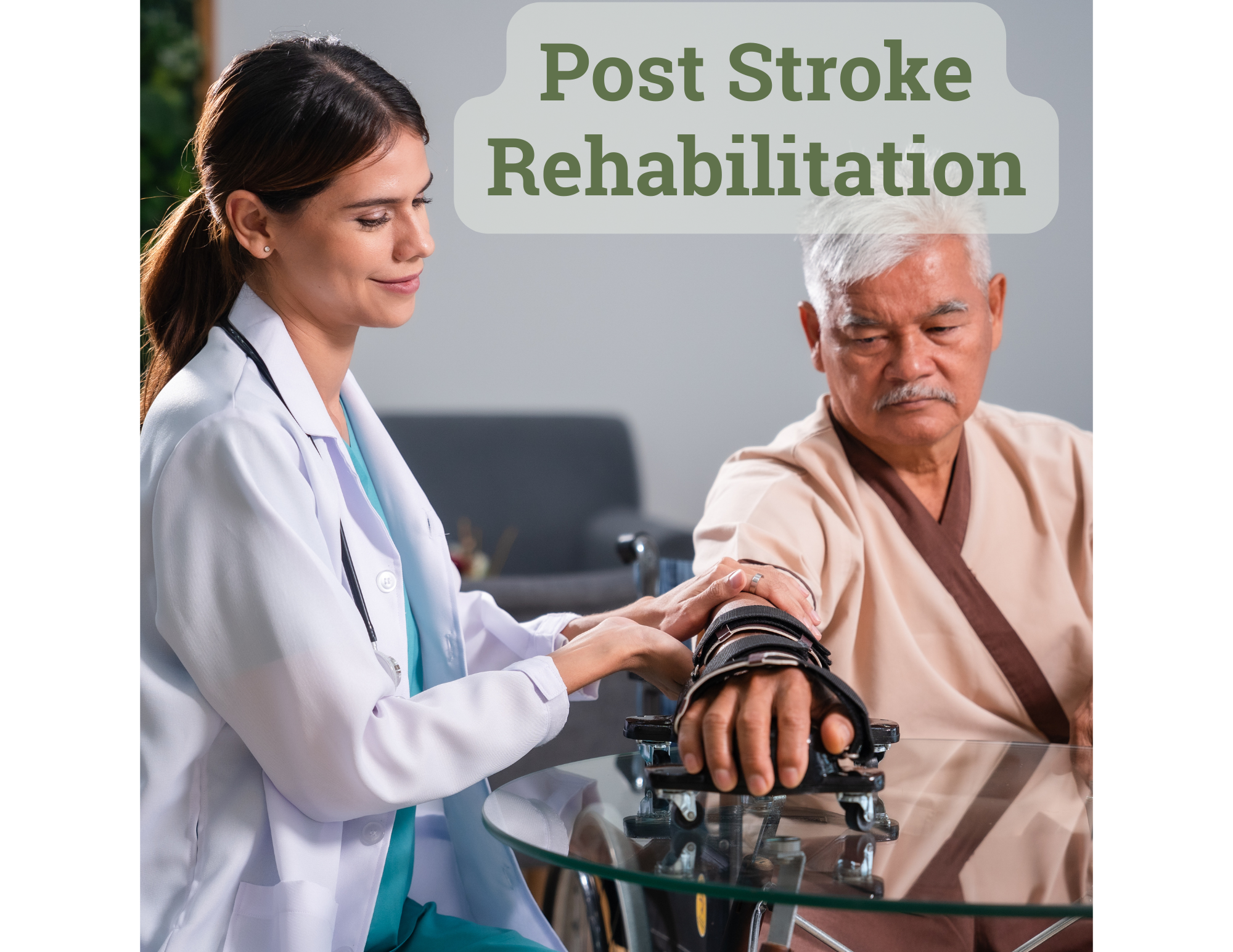
Post Stroke Rehabilitation
Occupational therapy aids post-stroke rehabilitation by addressing challenges in daily activities, cognitive functions, affected extremity rehabilitation and mobility, helping individuals regain independence and adapt to new strategies for improved quality of life. Therapists work collaboratively with patients to enhance their abilities, ensuring a holistic and personalized approach to recovery.
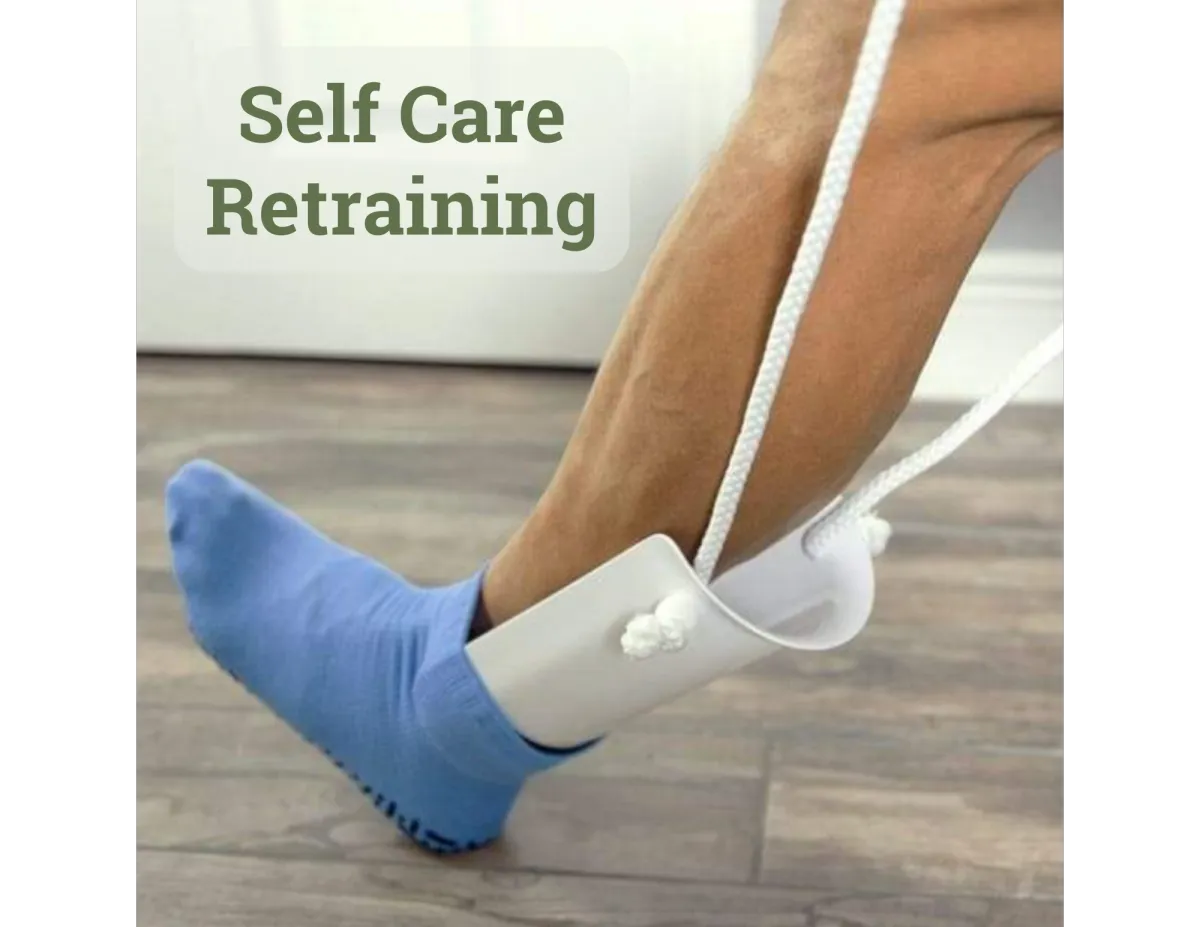
Activities of Daily Living / Self Care Retraining
Occupational therapists assist individuals in retraining activities of daily living (ADLs) by employing personalized interventions that focus on regaining independence in self-care tasks such as dressing, grooming, and bathing. Through skill-building exercises and adaptive strategies, OTs empower individuals to enhance their ADL abilities, promoting autonomy and improving overall quality of life.
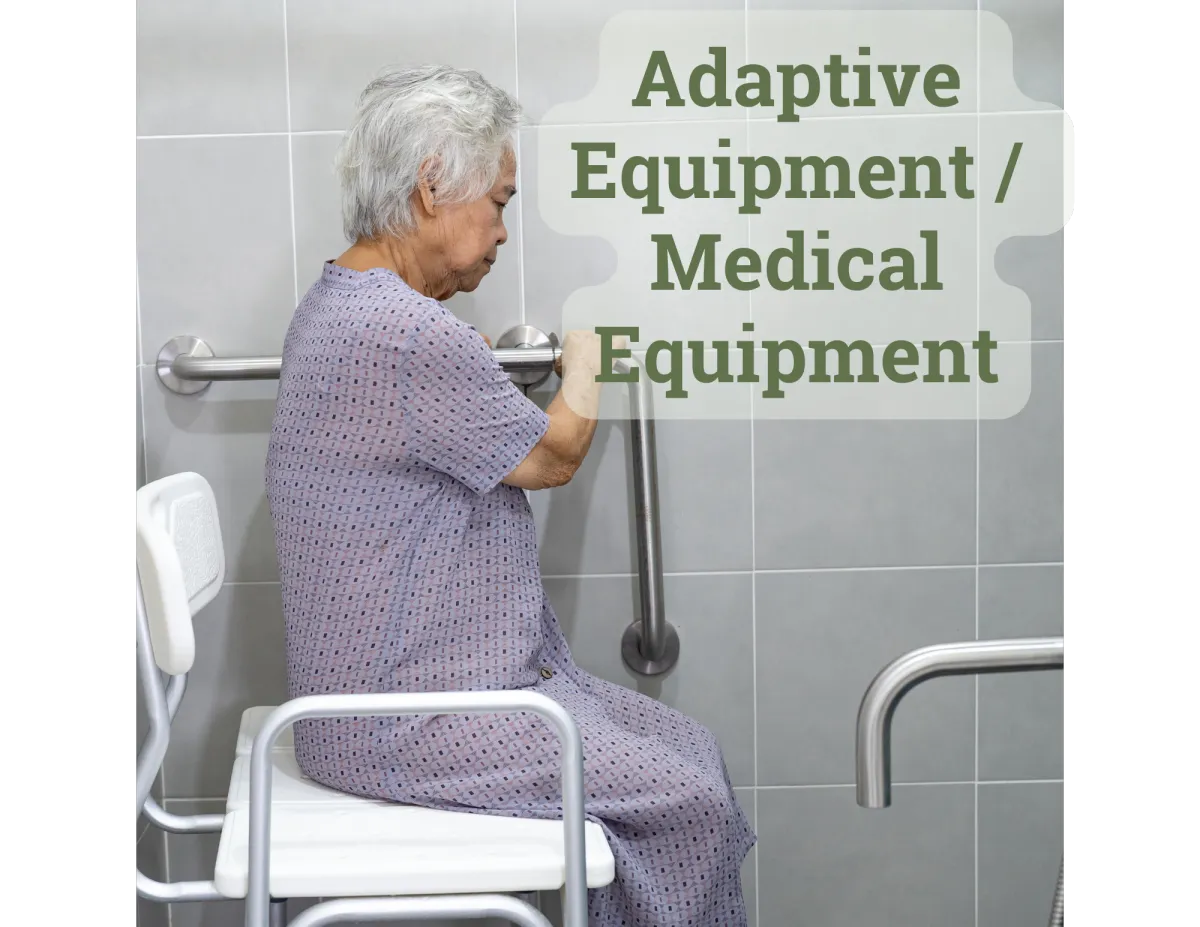
Adaptive Equipment / Durable Medical Equipment / Assistive Devices Assessment / Recommendations / Training
Occupational therapists play a key role in adaptive equipment assessment, recommendation, and training by identifying and customizing assistive devices to address individuals' unique needs. Through this process, OTs empower individuals to enhance their independence and successfully navigate daily activities by using appropriate tools and devices tailored to their abilities and goals.

Home Safety Assessments / Recommendations
Occupational therapists conduct home safety assessments to identify potential hazards and recommend modifications, ensuring a safe environment for individuals. By providing personalized recommendations, such as installing grab bars or improving lighting, OTs help individuals maintain independence and reduce the risk of accidents within their homes.

Upper Body Strengthening
Occupational therapy facilitates upper body strengthening by employing targeted exercises and interventions to enhance muscle strength, coordination, and range of motion. The purpose is to improve functional abilities, promote independence in daily tasks, and enhance overall quality of life for individuals experiencing challenges in their upper extremities.
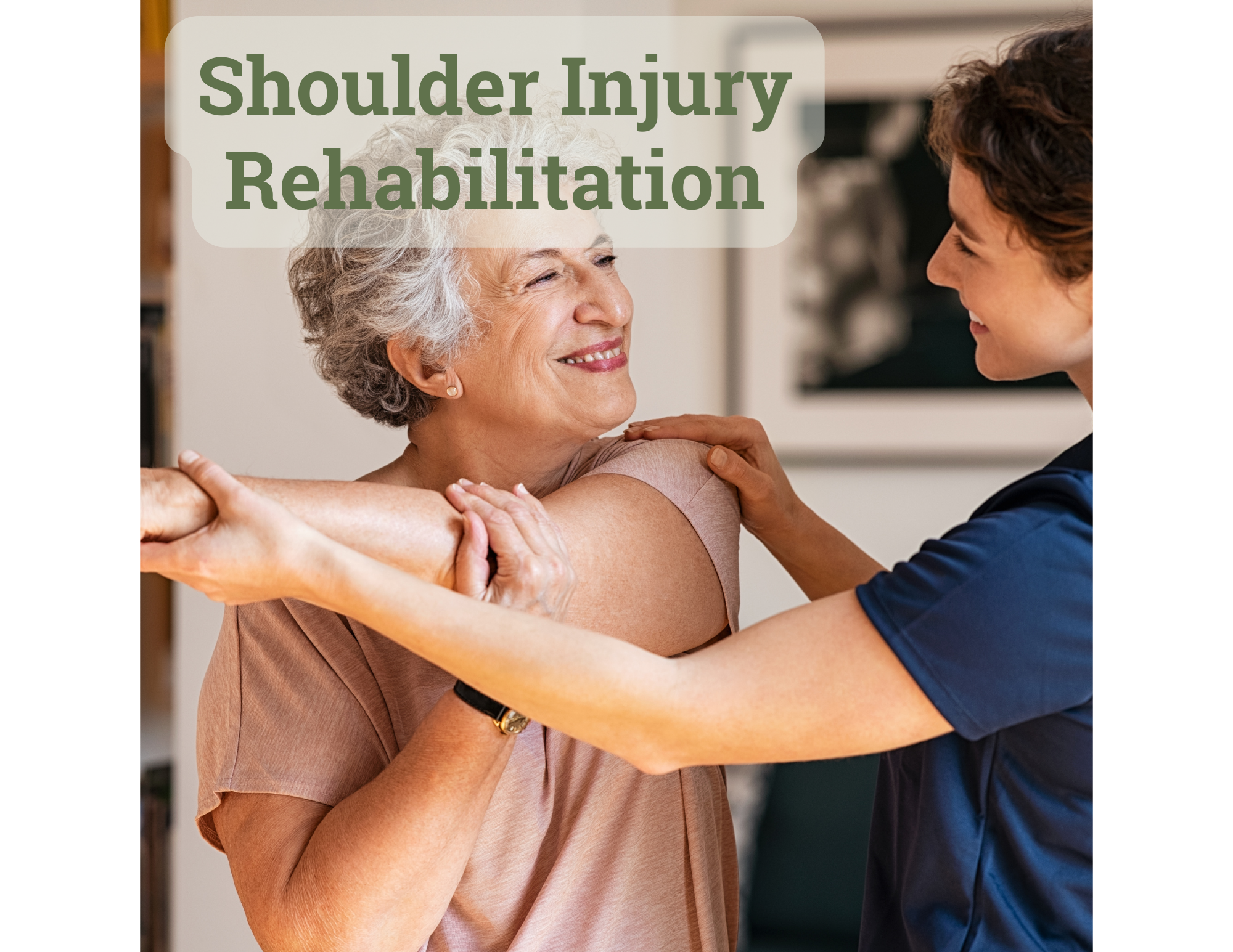
Shoulder Injury Rehabilitation
Occupational therapy supports shoulder injury rehabilitation and post-surgery recovery by implementing tailored exercises, range of motion activities, and functional tasks to enhance strength, mobility, and stability. The goal is to optimize shoulder function, minimize pain, and assist individuals in regaining independence in daily activities following injury or surgical interventions.
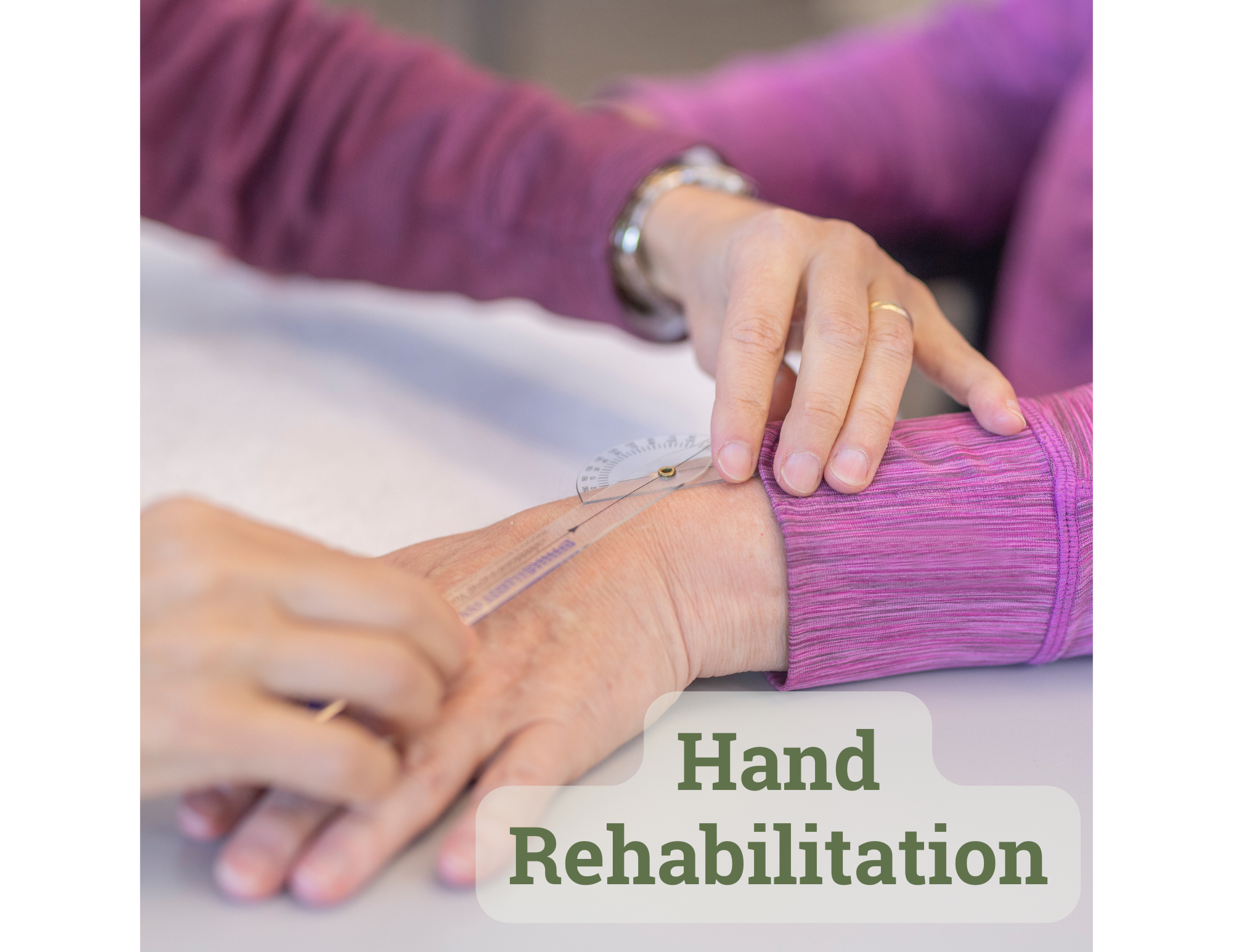
Hand Rehabilitation
Occupational therapy supports hand rehabilitation through specialized exercises, activities, and interventions aimed at improving fine motor skills, grip strength, and dexterity. OTs employ tailored exercises and therapeutic interventions to address post-injury or post-surgery challenges, promoting healing, restoring range of motion and decreasing pain.
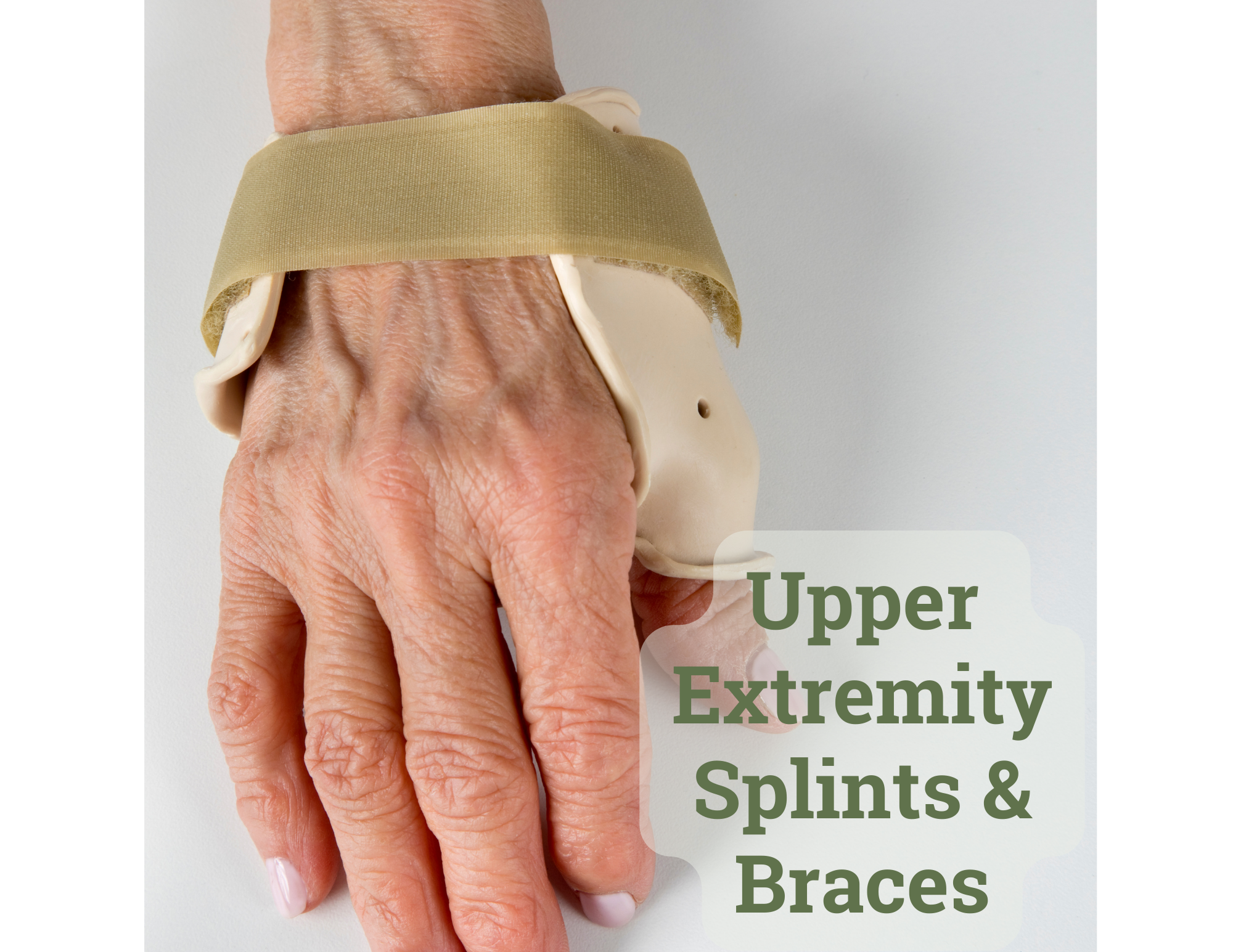
Upper Extremity Splints / Braces
Occupational therapists assist with upper extremity splinting and bracing by customizing and fitting devices to support and align the hand, wrist, or arm. The purpose is to optimize joint positioning, prevent contractures, and provide stability, facilitating improved function and promoting independence in daily activities for individuals with orthopedic or neurological conditions.
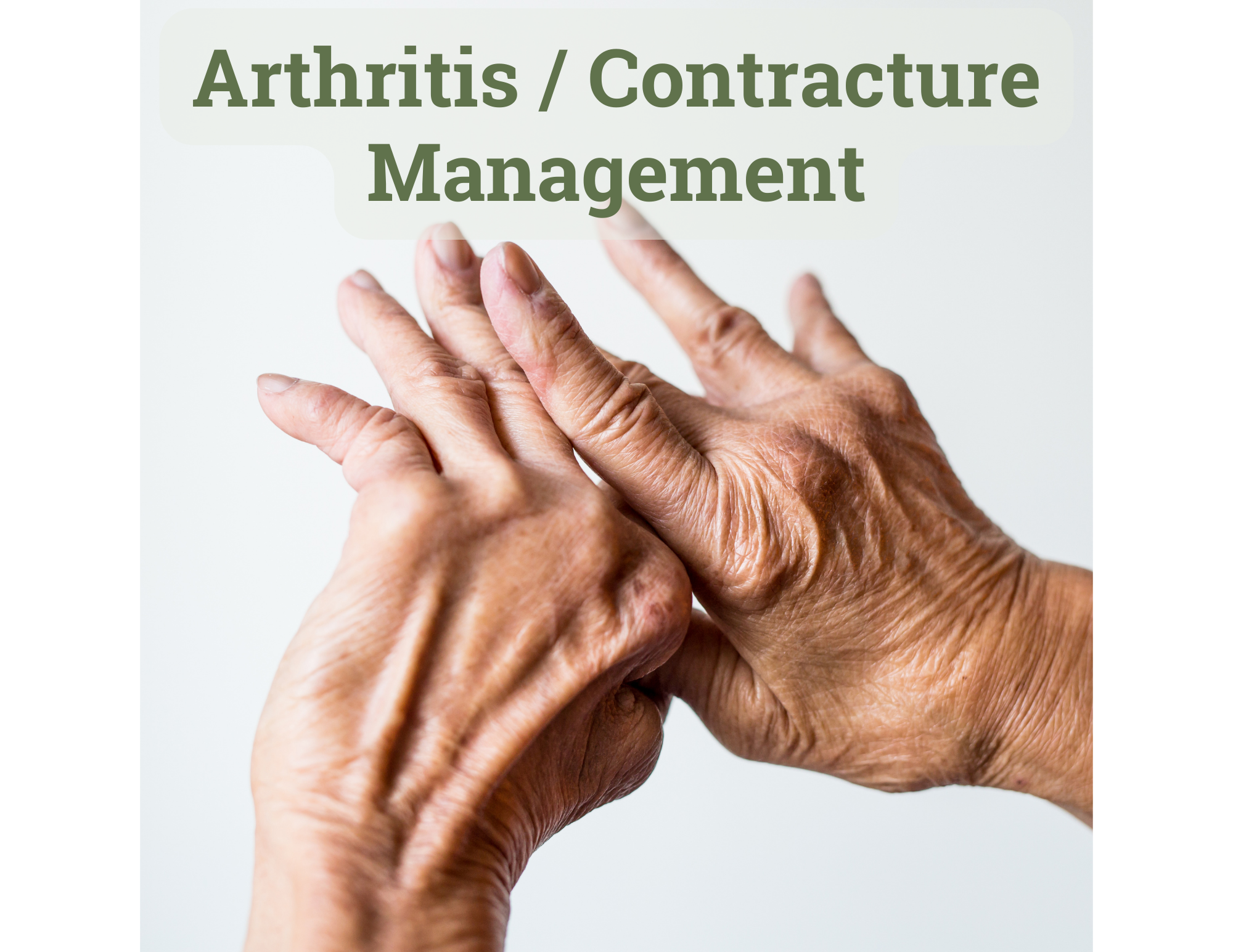
Arthritis / Contracture Prevention and Management
Occupational therapists assist individuals with arthritis by implementing tailored interventions to manage pain, improve joint mobility, and enhance overall function through activities and exercises. In contracture management, OTs focus on preventing or addressing joint stiffness and reduced range of motion through stretching exercises, adaptive techniques, and splinting, aiming to optimize mobility and minimize the impact of contractures on daily activities.
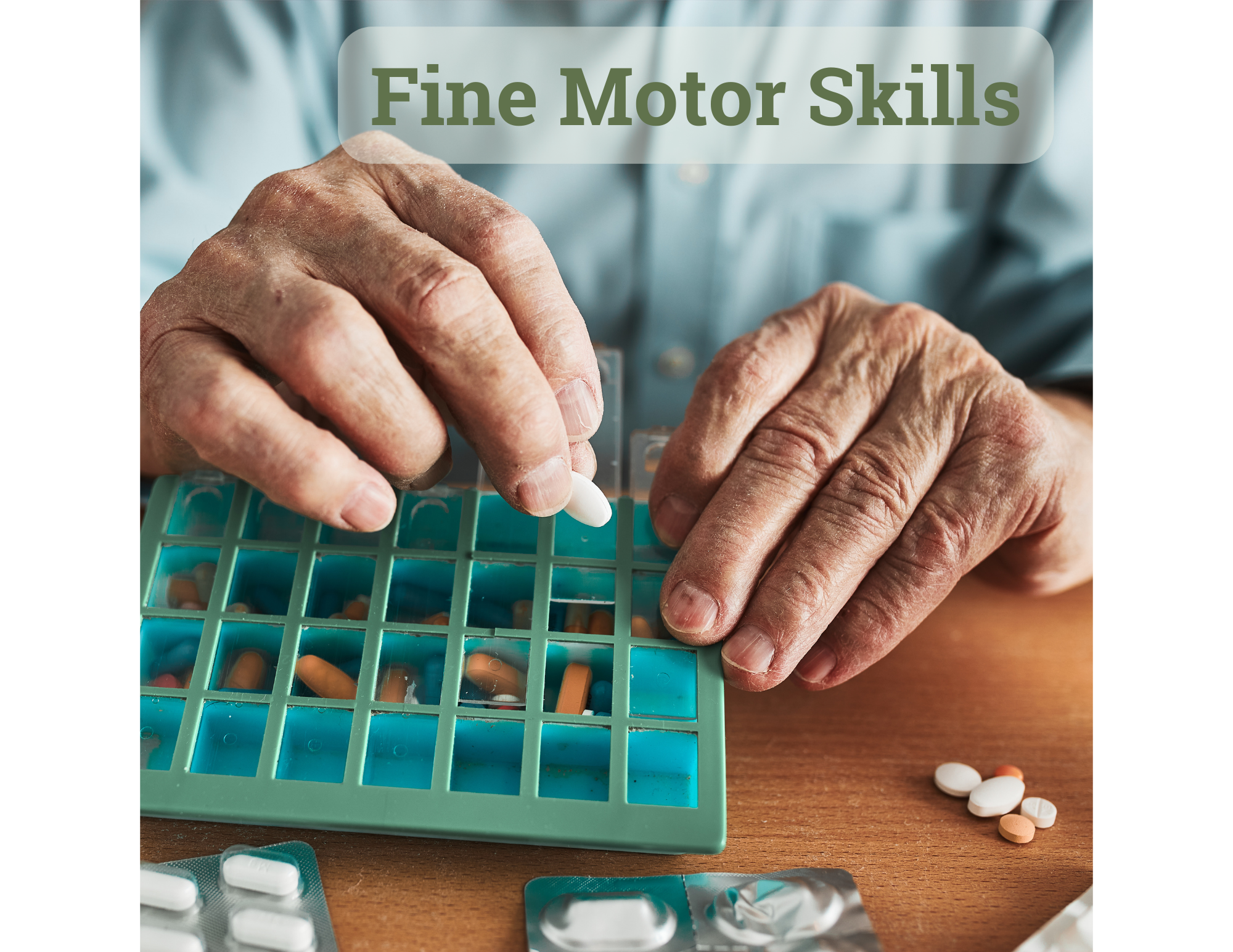
Fine Motor Skills
Occupational therapy supports the development and improvement of fine motor skills, such as dexterity and fine motor coordination, by providing exercises and activities tailored to individual needs. For example, they may teach techniques for holding pills or medications using precise finger movements and coordination, promoting independence in medication management for individuals with fine motor challenges.
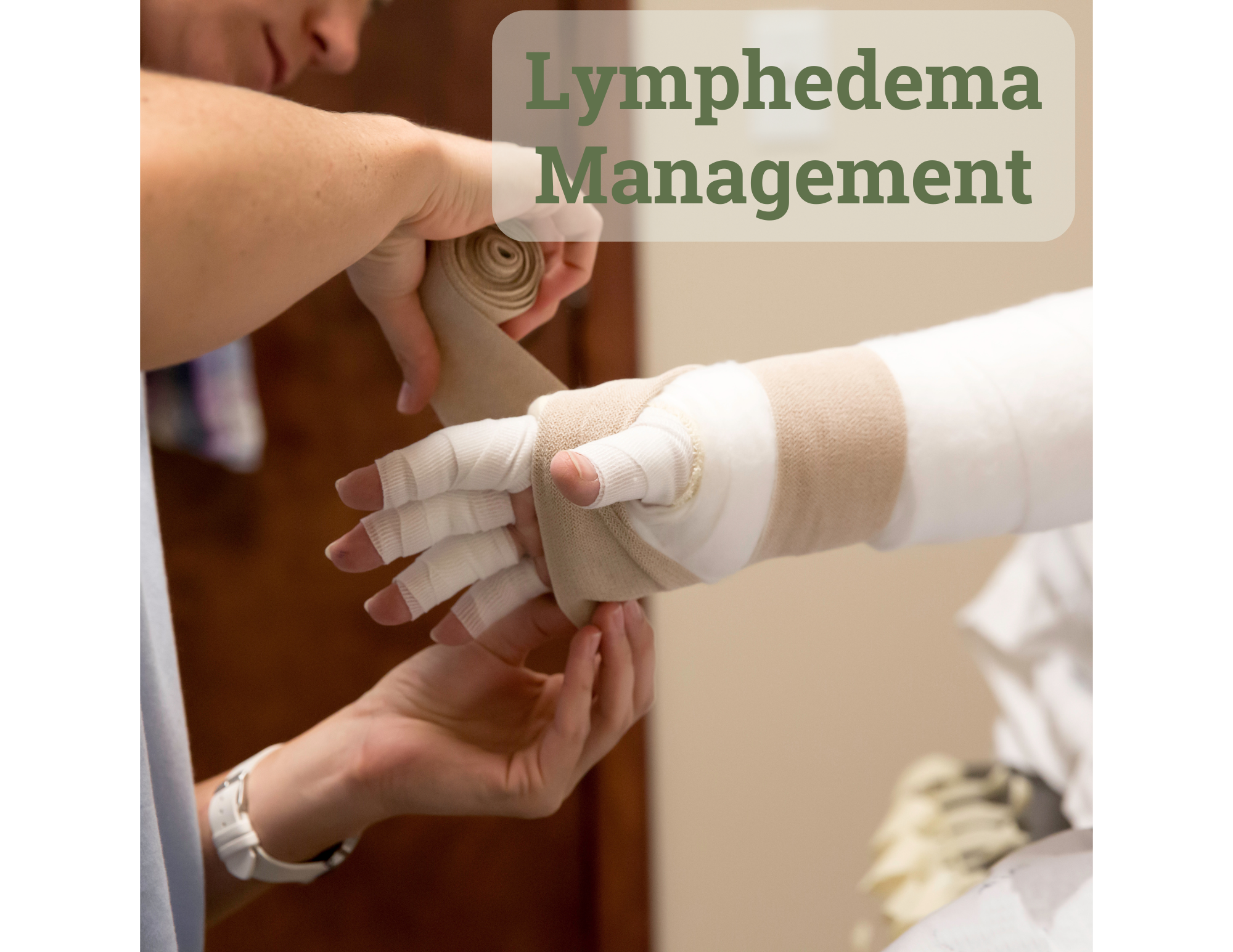
Lymphedema Management
Occupational therapy assists in lymphedema management by incorporating techniques such as manual lymphatic drainage, compression wrapping, and other targeted interventions to reduce swelling, improve lymphatic flow, and enhance overall limb function.
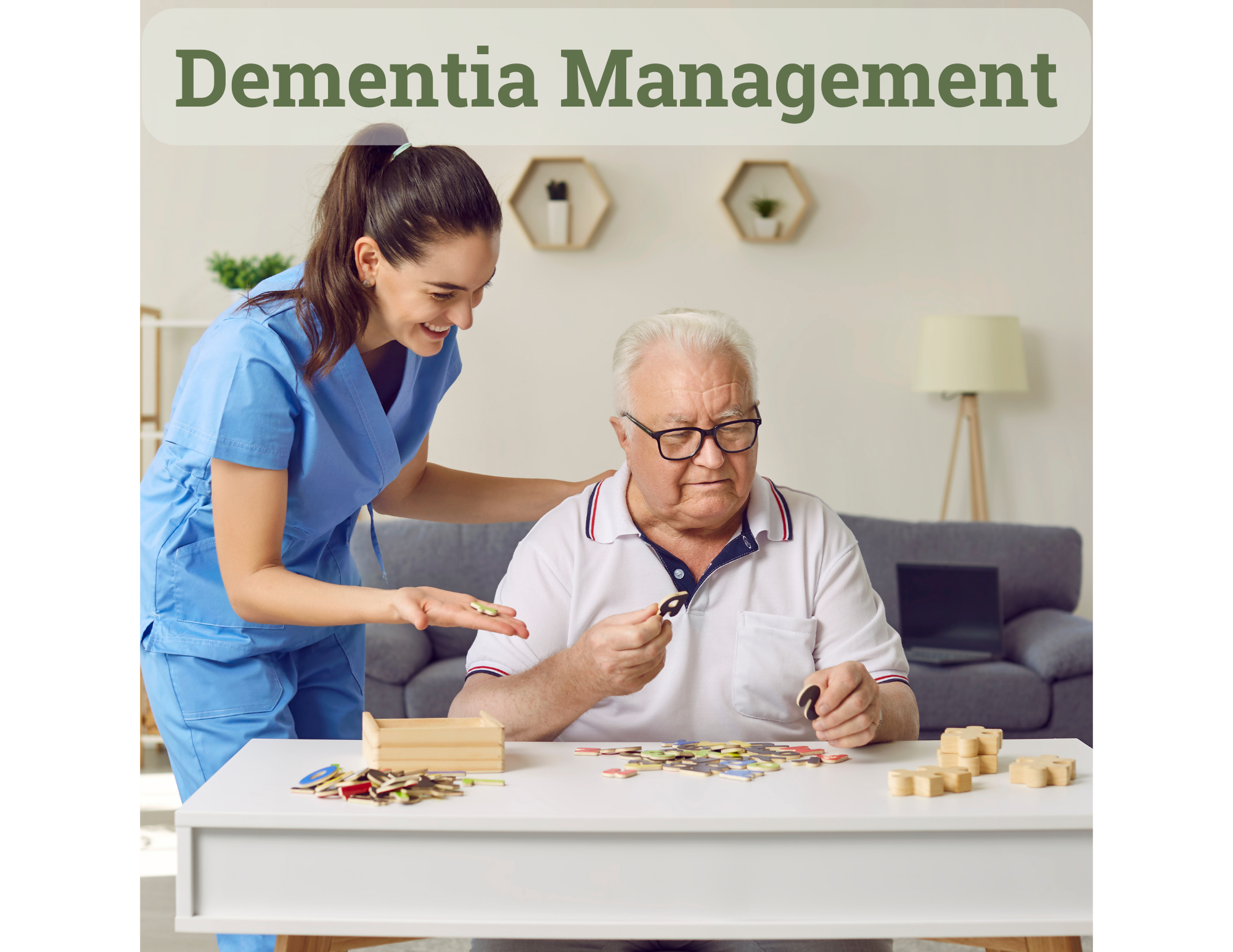
Dementia Management
Occupational therapists support individuals with dementia by implementing personalized interventions that focus on enhancing cognitive function, promoting engagement in meaningful activities, and providing strategies for daily living to maintain independence and improve overall well-being. The goal is to optimize the individual's quality of life and facilitate a supportive environment for both the person with dementia and their caregivers.
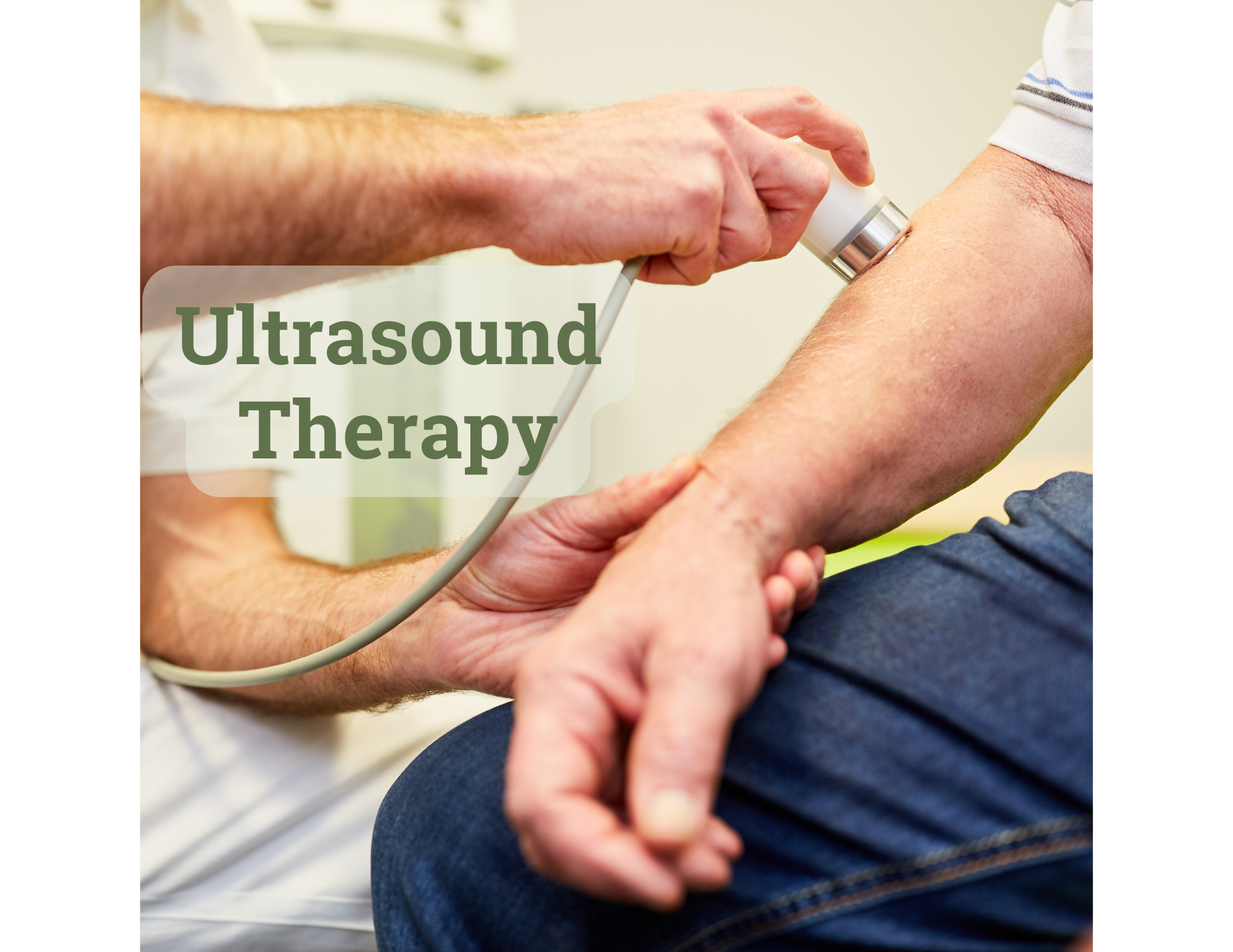
Ultrasound Therapy
Occupational therapists may use ultrasound therapy as part of a comprehensive rehabilitation plan to promote tissue healing and reduce pain. The purpose is to enhance blood flow, accelerate the recovery process, and alleviate discomfort in targeted areas, ultimately supporting individuals in regaining functional abilities and improving overall well-being.
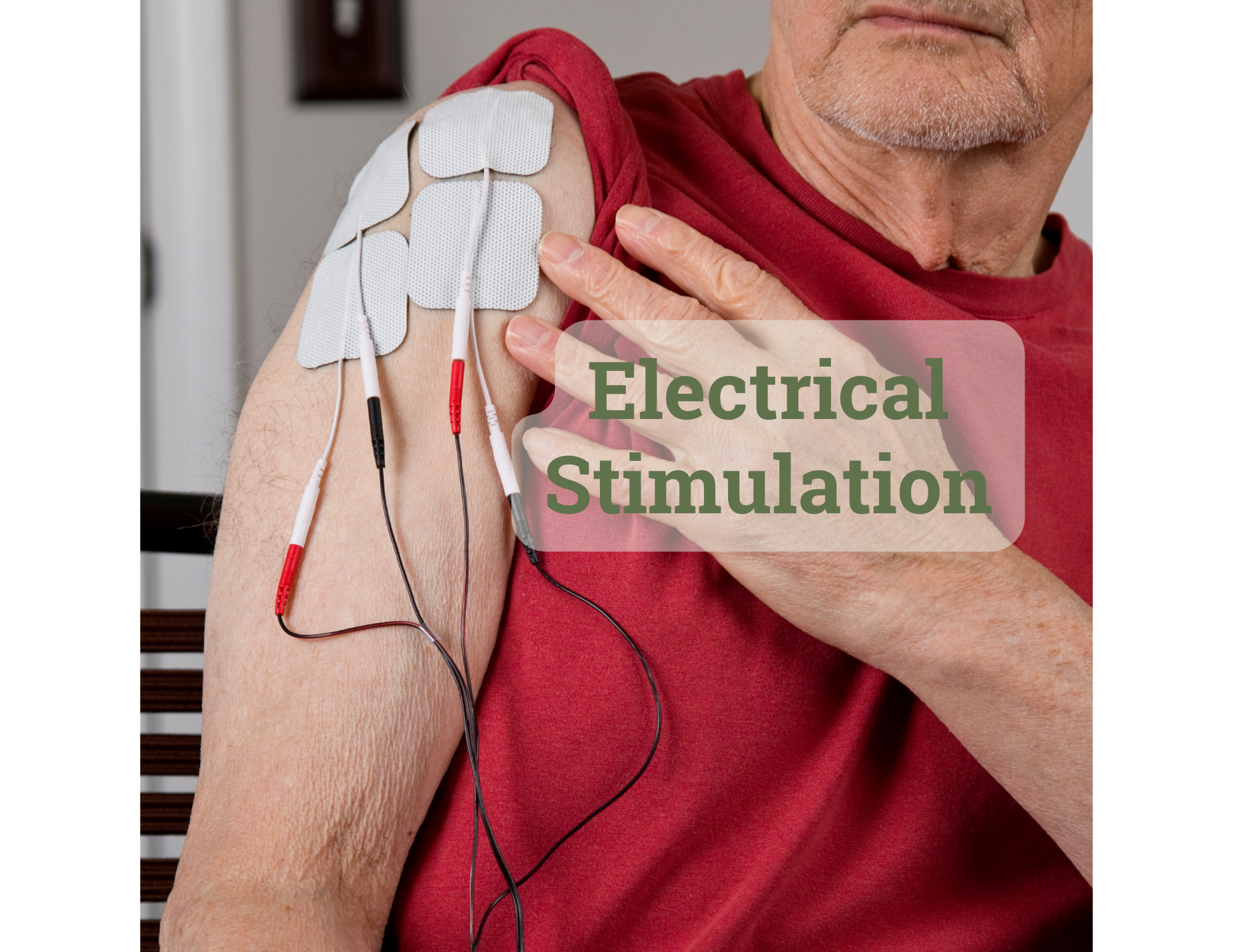
Electrical Stimulation
Occupational therapists use electrical stimulation as part of rehabilitation interventions to facilitate muscle strengthening, improve muscle control, and manage pain in individuals with various conditions. The purpose is to enhance functional abilities and promote increased independence by utilizing this technology to target specific muscles and support overall rehabilitation goals.
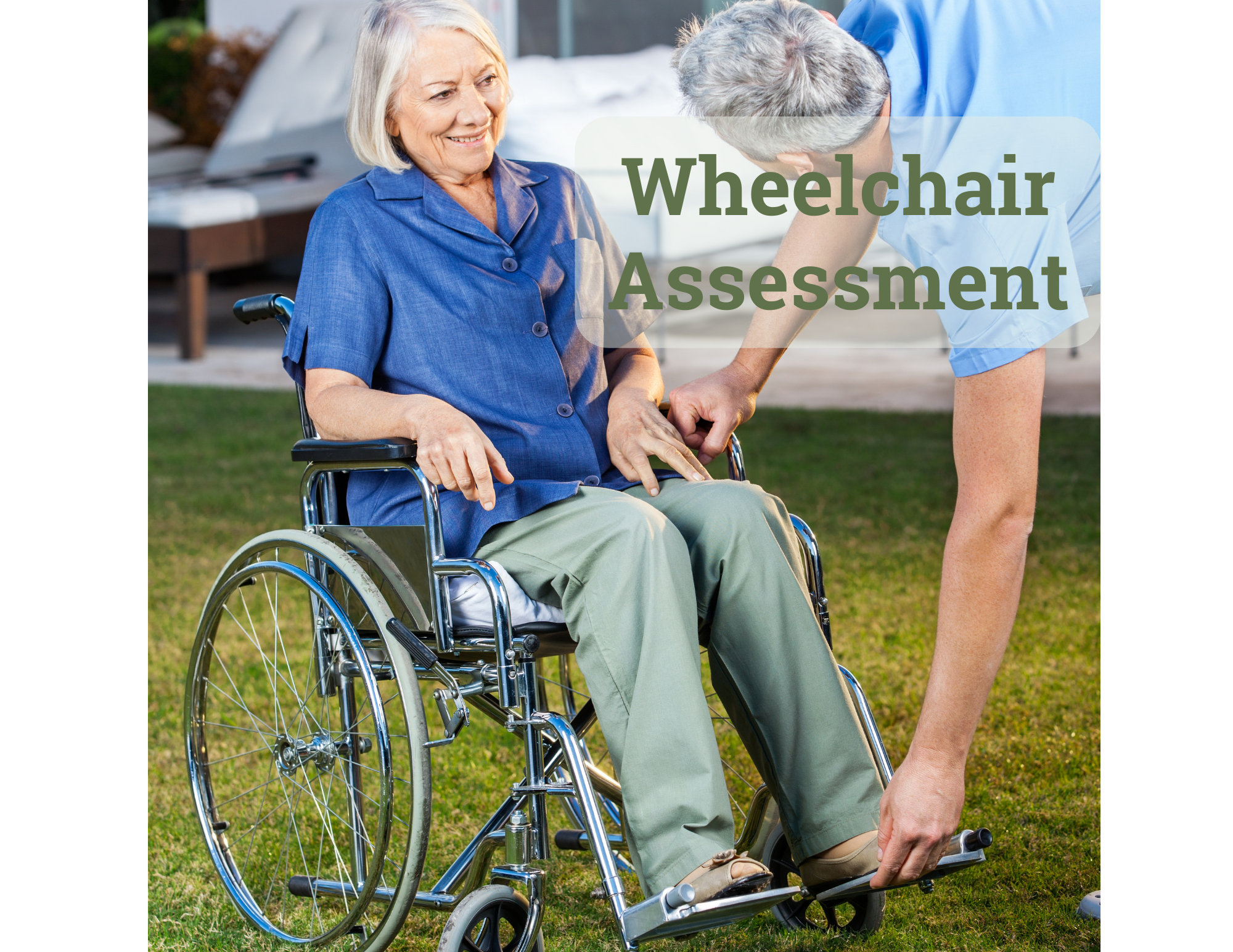
Wheelchair Assessment, Prescription, and Customization / Wheelchair Mobility
Occupational therapists play a crucial role in wheelchair assessment, prescription, and customization to address the specific needs of individuals with mobility challenges. They evaluate the client's functional abilities, recommending an appropriate wheelchair type, adjusting seating and positioning for optimal comfort, and providing training on wheelchair use. The goal is to enhance the individual's independence, mobility, and overall quality of life by ensuring the wheelchair meets their unique physical and functional requirements.
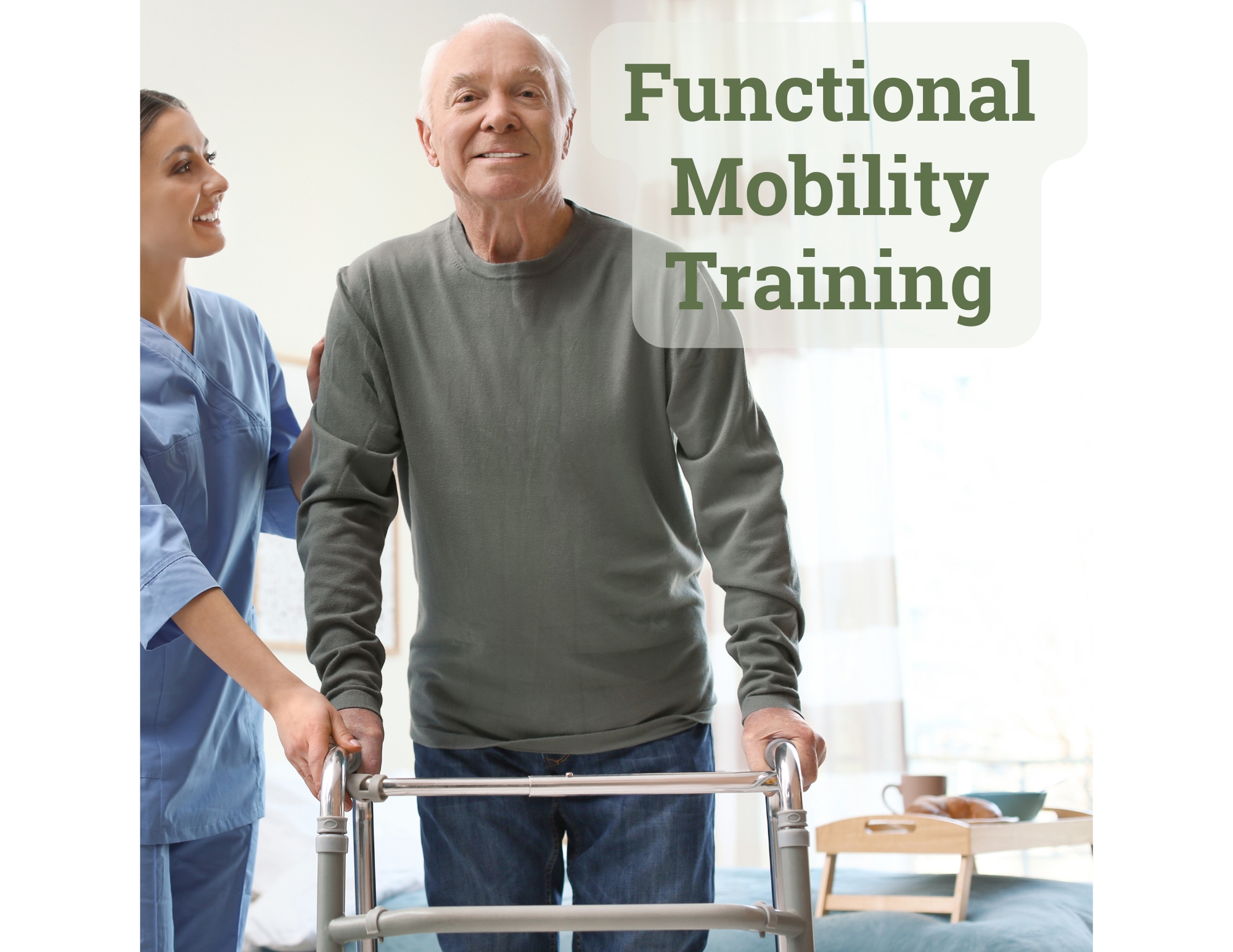
Functional Mobility
Occupational therapists contribute to improved functional mobility by assessing individual abilities, recommending adaptive equipment, and implementing targeted exercises to enhance strength, coordination, and balance. Through customized interventions, OTs empower individuals to navigate their environments safely and independently, fostering increased mobility and participation in daily activities.

Community Reintegration
Occupational therapists facilitate community reintegration by assessing and addressing an individual's physical, cognitive, and emotional challenges post-injury or illness, enabling them to regain essential skills and confidence for independent participation in daily life. Through personalized interventions, OTs work to bridge the gap between rehabilitation and community engagement, promoting successful transitions and enhanced quality of life.
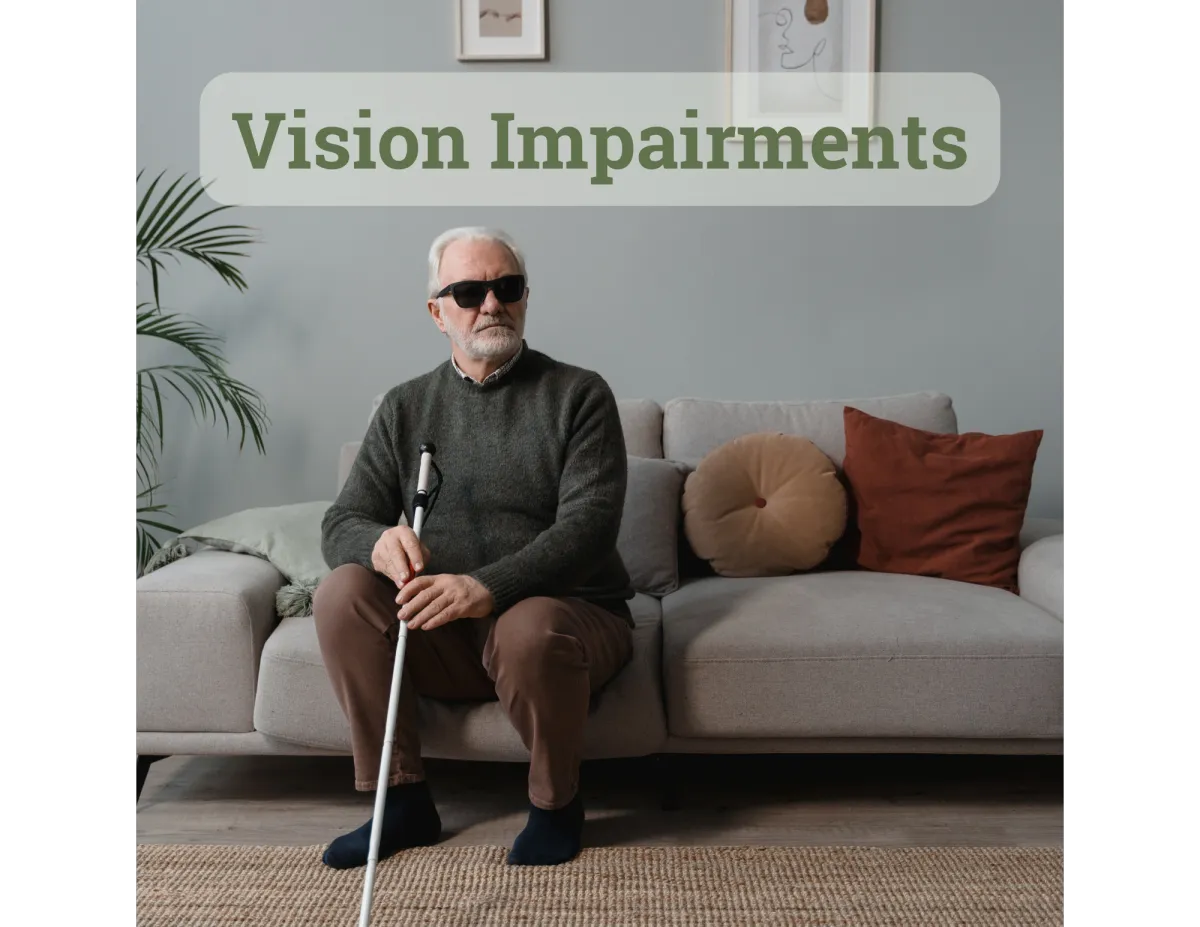
Vision Impairments
Occupational therapists assist individuals with vision impairment by developing strategies to enhance orientation and mobility, promoting adaptive techniques for daily tasks, and recommending assistive devices to maximize independence in their living environment. Through targeted interventions, OTs empower individuals with visual impairments to navigate and engage in daily activities with increased confidence and autonomy.

Caregiver Support and Education
Occupational therapists provide valuable support to patients' caregivers through training and education, equipping them with the skills and knowledge needed to assist with daily care tasks and address specific challenges associated with the patient's condition.
Can You or Your Loved One Benefit From Occupational Therapy?
Contact AgeWell Rehab Services
Fill out the form below to find out how we can help you or your loved one.
Testimonials
High Quality, Client Centered Care is Essential at AgeWell Rehab Services
"I feel very blessed to have your capabilities to help me heal. Your persistent, yet gentle encouragement is just what I needed. Thank you!"
–Testimonial from L.S., an OT/PT Client

"I cannot thank the PT team enough for their exceptional care and encouragement throughout my rehabilitation. Their expertise and support were essential in my journey to recovery."
–Testimonial from B.D., an OT/PT Client

Areas We Service:
Fairfield | New Haven County
CONNECTICUT
Call or Text us:
(475) 473-9955
FAX:
(475) 474-6132
Email:
info@agewellrehabservices.com
